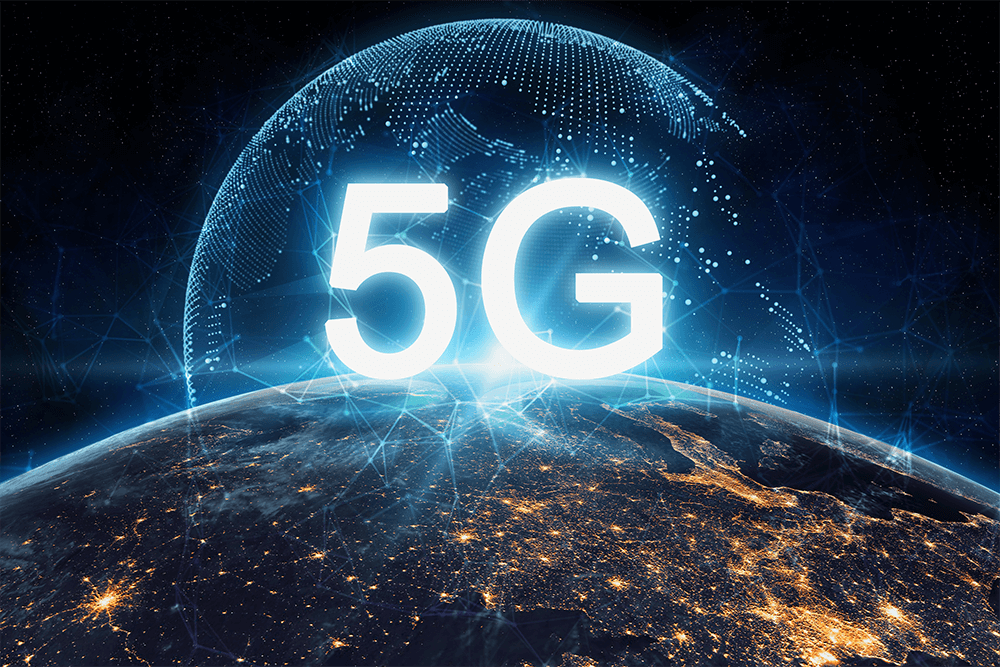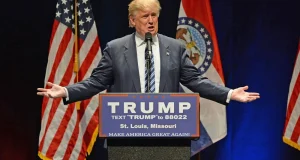
High-speed 5G internet has been launched in Ghana, including Accra, Kumasi, and Takoradi in its initial deployment, marking a step towards a completely connected future.
President Nana Addo Dankwa Akufo-Addo and Minister of Communications and Digitalisation Ursula Owusu-Ekuful attended the event today at the La Palm Royal Beach Hotel, where they both emphasised the revolutionary potential of 5G for Ghana’s economy, education, and general connectivity.
The unveiling was hailed as a “defining moment in our journey towards a digitally inclusive and transformed Ghana” by President Akufo-Addo.
In line with Ghana’s goal of becoming a hub for the digital economy, he emphasised that the new technology is “more than just faster internet” but rather “a leap forward in connectivity.” With advances affecting everything from healthcare to agriculture, he stated, “5G technology will drive our agenda forward, embedding the Internet of Things, artificial intelligence, and data analytics into daily life across Ghana.”
The immediate effects on the citizens of the three cities were emphasised by Ursula Owusu-Ekuful, Minister of Communications and Digitalisation, who stated that they “will begin experiencing the benefits almost immediately, once the network operators activate it.”
She went into further detail about the advantages, including industries like healthcare, where real-time health monitoring and remote consultations might transform service accessible for rural people, and agriculture, where precision farming and smart irrigation would improve food security and sustainability.
Mrs. Owusu-Ekuful called on Ghanaians to hold telecom companies responsible if they fail to offer the promised 5G service in these initial areas. She highlighted the government’s commitment to high-quality and easily accessible digital services by saying, “If you live in the initial 5G catchment areas and still cannot access 5G by December, kindly call out your network operator, because they have to make it available to you.”
Driving innovation and economic growth
The potential of 5G to strengthen Ghana’s MSMEs by giving them the means to expand their operations and access new markets was emphasised by both the President and Mrs. Owusu-Ekuful. Faster, more dependable internet would “empower domestic businesses” and provide economic prospects nationwide, according to President Akufo-Addo. “5G will be a catalyst for industrial growth,” he stated, adding that its capabilities will boost manufacturing and agricultural output and connectivity.
Ensuring affordability, inclusivity, and security
President Akufo-Addo and Mrs. Owusu-Ekuful laid forth steps to guarantee that all Ghanaians gain from this technological advancement while keeping security and inclusivity as their top priorities. In order to create a trustworthy online environment, the President confirmed that the rollout would be accompanied by strong cybersecurity and data privacy procedures. With plans to expand service to underserved areas by 2026, he also highlighted that rural connectivity is still a top concern.
The government is collaborating closely with service providers to create reasonable data plans in order to make 5G services accessible. “We’re working closely with telecom service providers to provide cost-effective data plans that accommodate different needs and budgets,” Mrs. Owusu-Ekuful stated, adding that public-private partnerships are being investigated to assist in lowering customer expenses.
A common vision for the digital future of Ghana
Both leaders acknowledged the contributions of both local telecom operators and global technology companies, and they praised the teamwork that went into the 5G deployment. President Akufo-Addo’s leadership in expediting Ghana’s 5G rollout in just five months was commended by Mrs. Owusu-Ekuful, who also pointed out that his “vision for digitalisation” is laying a solid basis for the country’s digital economy.
President Akufo-Addo said, “Let today usher in a new era in our digital journey, one that propels Ghana to economic resilience, social inclusivity, and global competitiveness.”
 Naagyei 90.3 Fm Agyapa
Naagyei 90.3 Fm Agyapa





